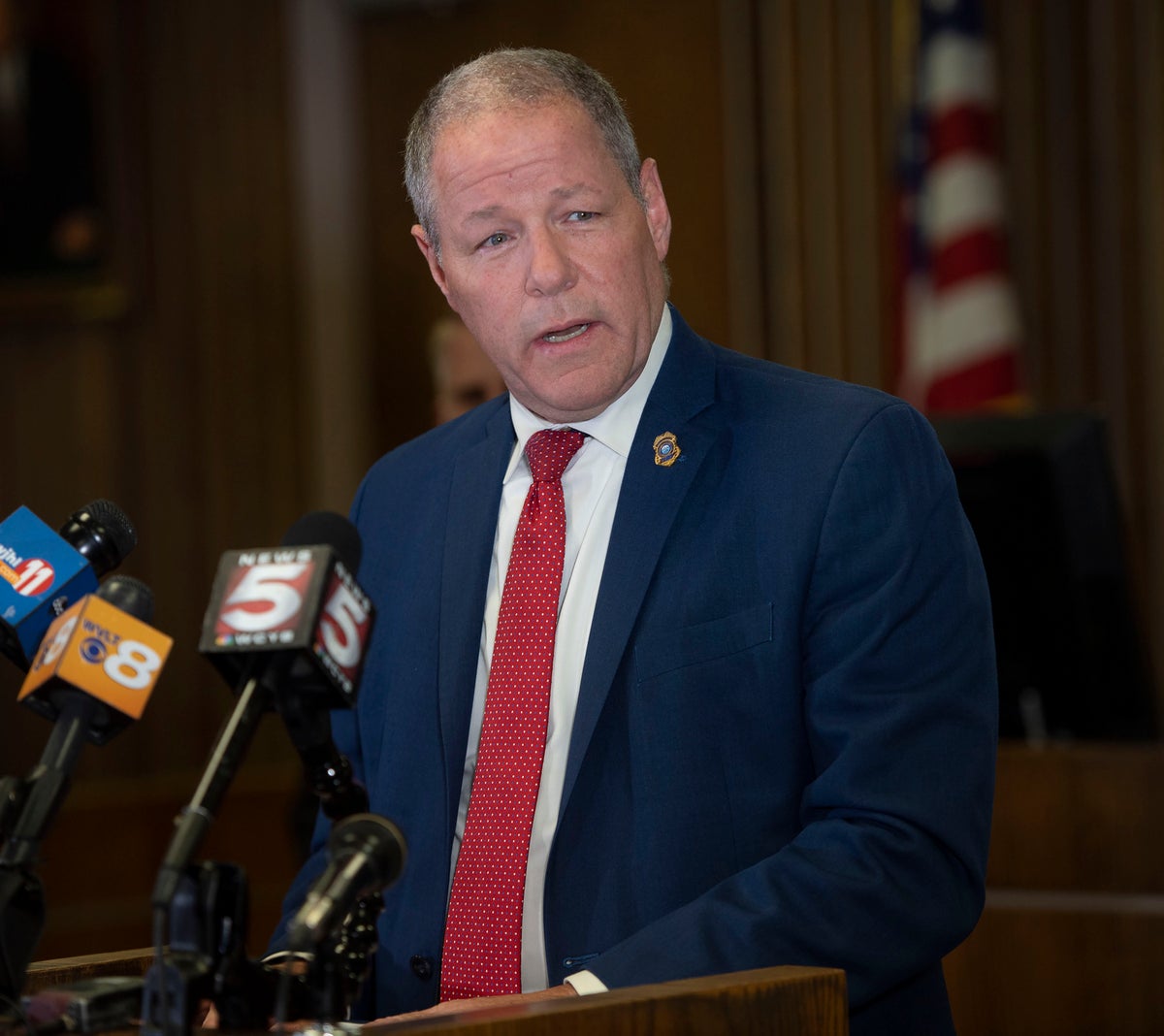
Tennessee's lead investigative agency is seeking $2 million in contracts with outside labs to process 1,000 rape kits it says need to be tested before the end of June.
The Tennessee Bureau of Investigation issued the request for proposals for up to three contractors, as the state’s turnaround times for sexual assault kits continue to face scrutiny after the high-profile killing of teacher Eliza Fletcher in September. The contractors would also need to testify about the tested rape kits as needed in court cases.
As of October, the agency said the average turnaround time for a rape kit was 43 weeks at the Knoxville lab, 42.3 weeks at the Jackson lab and 32.7 weeks at the Nashville lab. The bureau wants the contractors signed on by the end of January.
The agency has attributed the delays to staffing woes and low pay agency-wide that complicates recruiting and keeping scientists, in addition to other professionals. The issues are likely to drive plenty of conversation during the legislative session that begins next month.
Republican Gov. Bill Lee announced in late September that he and lawmakers were fast-tracking funding to hire an 25 additional forensic lab positions. The agency had requested 40 more special agent/forensic scientist positions and 10 more technicians in the budget that is now in effect, but Lee and lawmakers initially funded half that amount.
Eighteen new special agent/forensic scientists have started since September, while 22 are in the hiring, background or relocation process, agency spokesperson Keli McAlister said.
There are several different roles for forensic scientists at the agency other than DNA, ranging from toxicology to forensic chemistry. In the first wave of positions approved for the current budget, for example, the 20 new special agent/forensic scientist positions funded included eight forensic biology/DNA positions.
Tennessee Bureau of Investigation Director David Rausch has said the agency has several other approaches in the works, as he aims to reduce turnaround times to eight to 12 weeks within a year for all evidence. Some efforts include: offering overtime for lab workers; operating the labs on weekends; and contracting with retired TBI workers to help provide training so current scientists can shift their time training employees to more case work.
The problems with Tennessee's rape kit testing were laid bare after Fletcher's killing.
Authorities confirmed that the man charged with abducting and killing Fletcher had not been charged in the 2021 case of the rape of a woman due to the delay in processing the sexual assault kit.
Cleotha Henderson was eventually indicted in the case just days after he was arrested in the death of Fletcher, a mother of two and a kindergarten teacher.
In the earlier case, Memphis police say they took a sexual assault report on Sept. 21, 2021 but it wasn’t analyzed in a state lab until nearly a year later. When the 2021 DNA was entered into the national database, it returned a match for Henderson on Sept. 5. Fletcher disappeared on Sept. 2.
TBI said police in Memphis had made no request for expedited analysis of the kit, which can cut the wait to only days, and no suspect information was included in the submission.
Henderson made a brief appearance before a judge in Shelby County Criminal Court on the rape charge Friday. His defense attorney said she is receiving evidence from prosecutors and a judge set a report date for Feb. 3. Henderson has pleaded not guilty.







